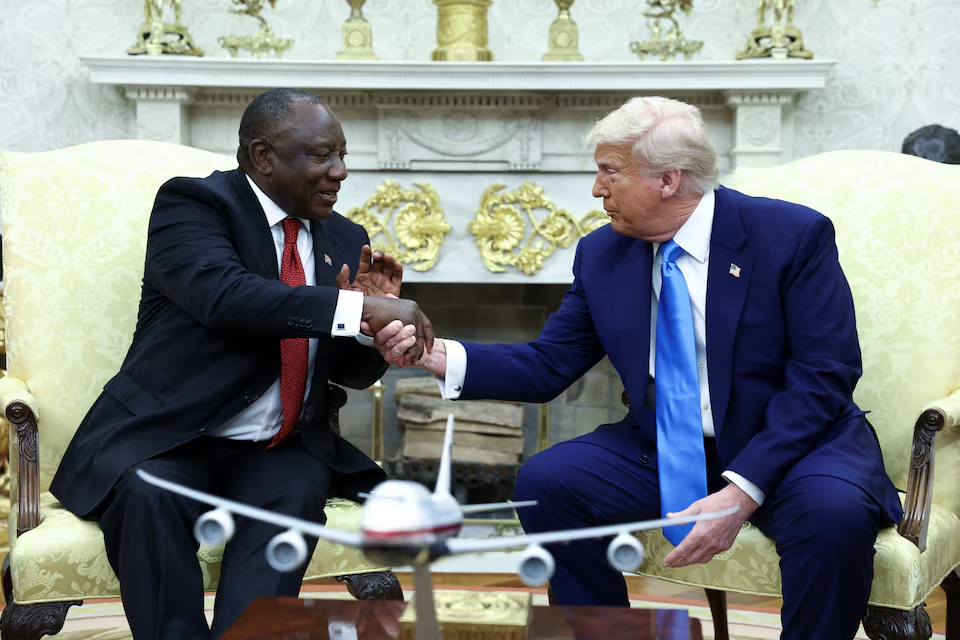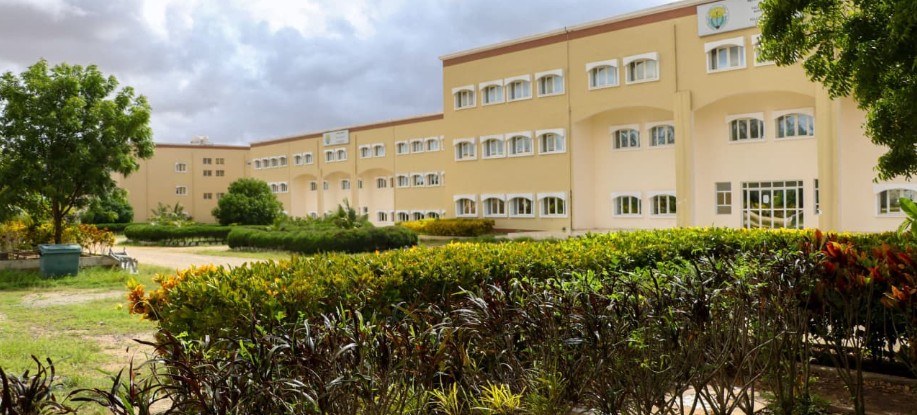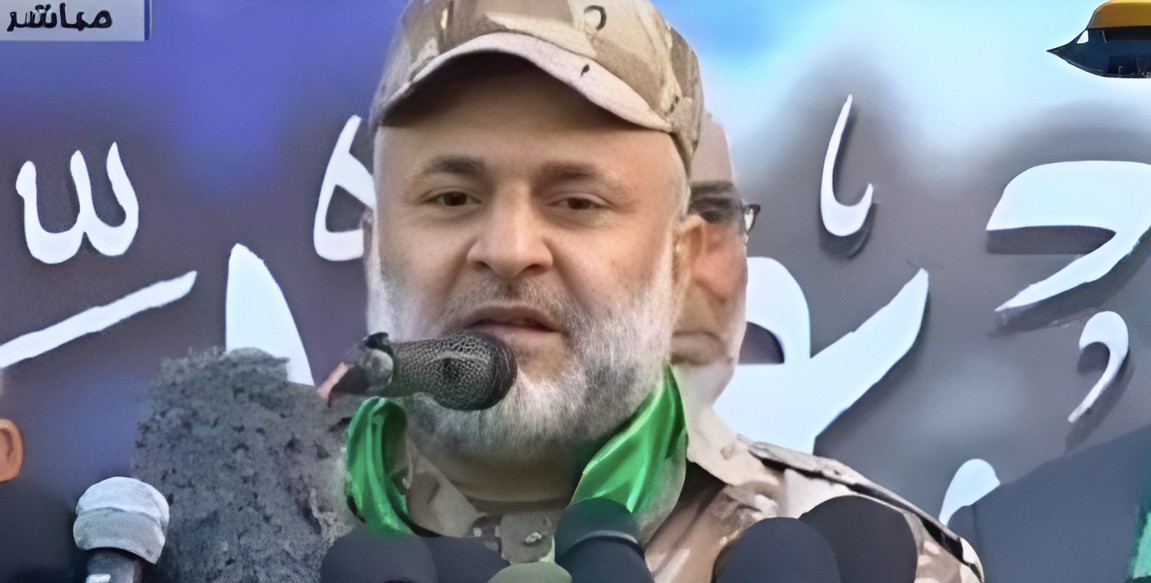US reverses boycott, signals participation in G20 summit in South Africa

Ramaphosa said the South African government had received communication from Washington at the “11th hour” and is now discussing how to accommodate the US delegation.
South African President Cyril Ramaphosa confirmed on Thursday that the United States has reversed its decision to boycott the upcoming G20 Leaders’ Summit in Johannesburg, sending signals of late participation.
Speaking after a meeting with European Union officials in Sandton, Ramaphosa said the South African government had received communication from Washington at the “11th hour” and is now discussing how to accommodate the US delegation.
More To Read
- South Africa’s G20 presidency is over – What did it achieve for climate and clean energy in Africa?
- No single G20 member has unilateral right to exclude South Africa: Foreign Minister
- Africa’s first G20 Summit closes in South Africa amid US boycott
- G20: South Africa hosts summit in shadow of US boycott
- G20 and the civil society elite: Spectacle instead of meaningful action
- South Africa denounces Trump’s G20 boycott, calls genocide claims false
“We have received notice from the United States about a change of mind about participating in one shape, form or another. This comes really at the late hour before the summit begins, and so therefore we do need to engage to see how practical it is and finally what it means,” Ramaphosa said.
The South African president called the development a positive sign, noting that “boycott politics never works.”
He added that the US, as an original G20 member, “has the right to be here… they have a seat at the roundtable.”
Discussions are ongoing about the level of US engagement, with the country expected to be represented at the symbolic handover of the G20 presidency from South Africa to the United States next year.
The announcement follows US President Donald Trump’s earlier decision to boycott the summit, citing alleged “bad things” happening in South Africa and claims of persecution against the white Afrikaner minority, claims widely dismissed as false.
Initially, Trump had indicated that Vice President JD Vance would attend, but later cancelled all official participation. A White House official clarified that any US involvement would be limited to the presence of the chargé d’affaires in Pretoria at the handover ceremony, stating that the country would not join G20 discussions.
Ramaphosa said the summit will continue as planned, with South Africa seeking to ensure a declaration reflecting global inclusivity and balanced development priorities is adopted, despite US pressure not to issue one.
“We are still discussing how that [US participation] will manifest…hopefully, the US seat will be occupied when the summit opens,” Ramaphosa said.
The G20, which includes 19 countries alongside the European Union and the African Union, is meeting in South Africa for the first time under African leadership. The summit aims to address challenges affecting poorer nations, including climate change, debt relief and global inequality. Other world leaders, including China’s Xi Jinping, Russia’s Vladimir Putin and Argentina’s Javier Milei, will not attend in person but have sent delegations.
Ramaphosa expressed confidence in the summit’s progress, noting productive engagements across multiple tracks.
“I’ve just spent time with people from civil society. I feel very satisfied, and now I am going to meet another group,” he said ahead of his address at the B20, the business-focused arm of the G20.
The US will officially take over the G20 presidency from South Africa in 2026, with the next summit scheduled in Miami, Florida.
Ramaphosa acknowledged the symbolic importance of the handover, saying he “doesn’t want to hand over to an empty chair,” a scenario that may now be avoided with Washington’s revised stance.
Top Stories Today














































